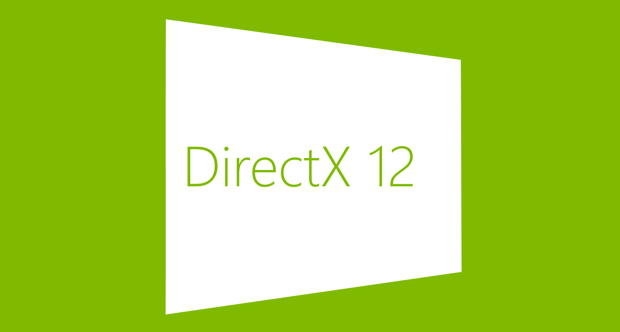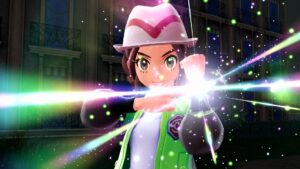During this year’s GDC, Unity delivered a extensive demonstration which showcased the advantages of using DirectX 12 along with Unity Engine. During the demonstration, Kasper Engelstoft, Unity’s Graphics Engineer spoke about shadow maps rendering in the Unity Engine. When using multiple threads which all doing their thing, the frame time to render shadow maps was 23 ms but when the developers switched over to DirectX 12, the frame time was reduce to 13 ms. However Kasper stated that this did not happened on its own as they had to revise their threading schedules.
In short, developers would need to make top level changes to their framework structure if they want to include DX12 support in their game engines. In order to get more clarity, GamingBolt caught up with Unity CEO David Helgason to know how the new API will work.
“The API alone doesn’t give a significant performance boost, it simply allows scaling on multiple cores, and that’s what we demonstrated at GDC,” Helgason said to GamingBolt. However he believes that once their threading and scheduling strategies are in place, rendering in Unity will be much faster. The developer won’t require to change a thing in frameworks resulting into native DX12 support. “Once our code is ready Unity rendering will just be faster – most users probably won’t have to change a thing in their projects to receive the performance improvement, because all we will do is scale their rendering on to multiple CPU cores.”
Helgason also spoke about Enlighten, a lighting middleware from Geomerics.
“One of the great things about Unity 5 is the inclusion of Enlighten from Geomerics. It’s known for in-game real-time GI, but it also provides is a vastly improved lighting workflow for artists. Faster workflow means faster iteration which means better looking levels and content in general. Part of this is due to an iterative mode which removes the need for explicitly baking the scene. This basically means the scene will precompute and bake in the background and the Editor will automatically track changes made to the scene and execute the tasks needed to fix up the lighting. Many of these lighting iteration tasks will be nearly instantaneous.”
Given that Unity is the go to engine for several independent developers, PC games and to an extent Xbox One may see some performance improvements compared to the older versions of Unity. This could only mean great things for performance and graphical parameters in video games.
Stay tuned for our complete interview with Helgason next week.















